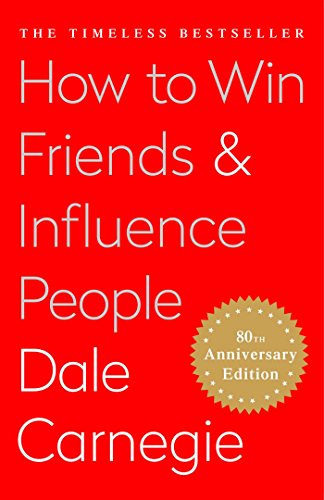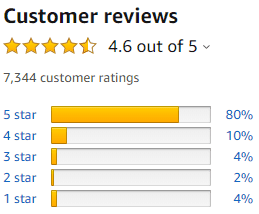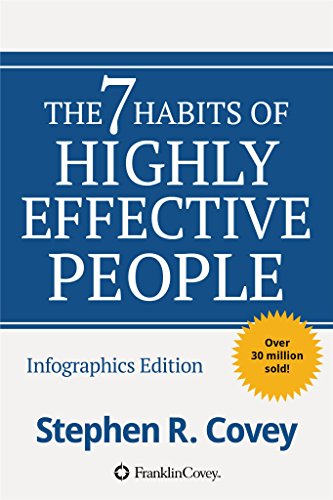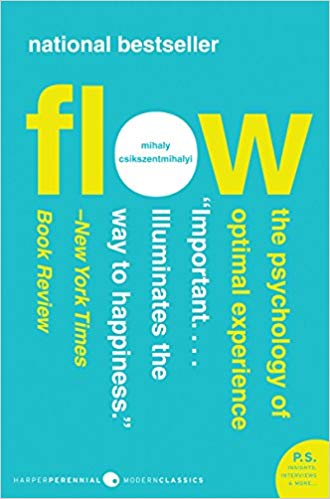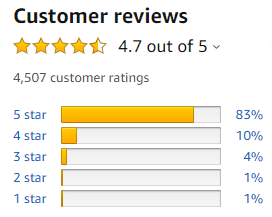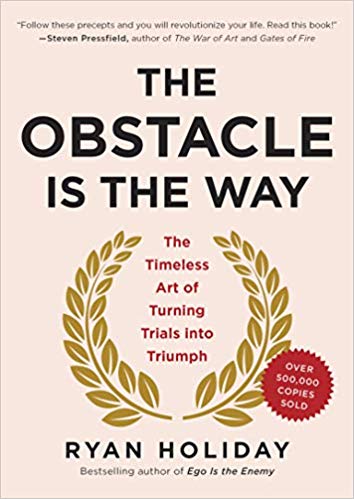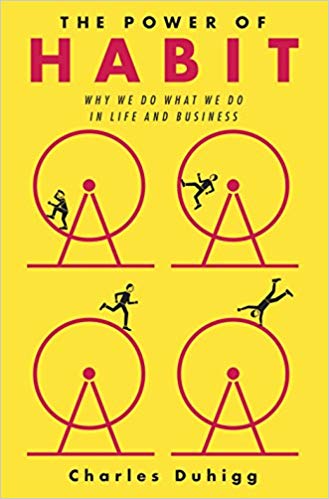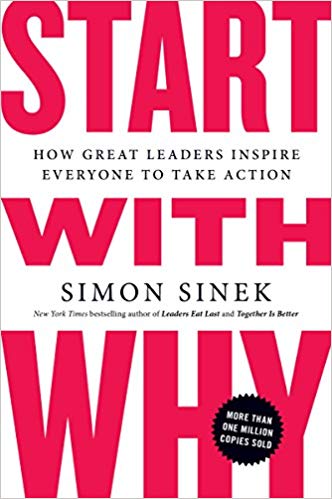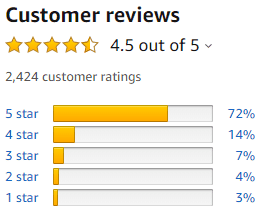Best Science Books
Looking for good Science books to read? This is my recommended list of the best Science books of all-time.
To make it easier for you to select your next science book, I further subdivided this list into 2 sections: "Top 10 Science Books" and "More Recommended Science Books". Go ahead and check them out.
Top 10 Science Books
> Full of eye-opening research and riveting storytelling, Being Mortal asserts that medicine can comfort and enhance our experience even to the end, providing not only a good life but also a good end... Find out more about this book >>
> One hundred thousand years ago, at least six different species of humans inhabited Earth. Yet today there is only one—homo sapiens. What happened to the others? And what may happen to us?... Find out more about this book >>
> Was there a beginning of time? Could time run backwards? Is the universe infinite or does it have boundaries? These are just some of the questions considered in an internationally acclaimed masterpiece by one of the world's greatest thinkers... Find out more about this book >>
> Her name was Henrietta Lacks, but scientists know her as HeLa. She was a poor Southern tobacco farmer whose cancer cells - taken without her knowledge - became one of the most important tools in medicine.
> The first 'immortal' human tissue grown in culture, HeLa cells were vital for developing the polio vaccine; uncovered secrets of cancer, viruses, and the effects of the atom bomb; helped lead to important advances like in vitro fertilization, cloning, and gene mapping; and have been bought and sold by the billions. Yet Henrietta herself remains virtually unknown, buried in an unmarked grave... Find out more about this book >>
> Sometimes in medicine the only way to know what is truly going on in a patient is to operate, to look inside with one's own eyes. This book is exploratory surgery on medicine itself, laying bare a science not in its idealized form but as it actually is -- complicated, perplexing, and profoundly human... Find out more about this book >>
> The Emperor of All Maladies is a magnificent, profoundly humane “biography” of cancer—from its first documented appearances thousands of years ago through the epic battles in the twentieth century to cure, control, and conquer it to a radical new understanding of its essence... Find out more about this book >>
> In the international bestseller, Thinking, Fast and Slow, Daniel Kahneman, the renowned psychologist and winner of the Nobel Prize in Economics, takes us on a groundbreaking tour of the mind and explains the two systems that drive the way we think. System 1 is fast, intuitive, and emotional; System 2 is slower, more deliberative, and more logical, and how these systems shape our judgments and decisions... Find out more about this book >>
> In this book, Bill Bryson confronts his greatest challenge: to understand—and, if possible, answer—the oldest, biggest questions we have posed about the universe and ourselves. Taking as territory everything from the Big Bang to the rise of civilization, Bryson seeks to understand how we got from there being nothing at all to there being us... Find out more about this book >>
> The Gene is the story of one of the most powerful and dangerous ideas in our history, from best-selling, prize-winning author Siddhartha Mukherjee.
> Spanning the globe and several centuries, The Gene is the story of the quest to decipher the master code that makes and defines humans, that governs our form and function... Find out more about this book >>
> First published by Houghton Mifflin in 1962, Silent Spring alerted a large audience to the environmental and human dangers of indiscriminate use of pesticides, spurring revolutionary changes in the laws affecting our air, land, and water... Find out more about this book >>
More Recommended Science Books
> When asked simple questions about global trends - what percentage of the world’s population live in poverty; why the world’s population is increasing; how many girls finish school―we systematically get the answers wrong. The answers, surprisingly, are better than what we would expect.
> Inspiring and revelatory, filled with lively anecdotes and moving stories, Factfulness is an urgent and essential book that will change the way you see the world... Find out more about this book >>
> In 2014, Theranos founder and CEO Elizabeth Holmes was widely seen as the female Steve Jobs: a brilliant Stanford dropout whose startup “unicorn” promised to revolutionize the medical industry with a machine that would make blood testing significantly faster and easier.
> Backed by investors such as Larry Ellison and Tim Draper, Theranos sold shares in a fundraising round that valued the company at more than $9 billion, putting Holmes’s worth at an estimated $4.7 billion. There was just one problem: The technology didn’t work... Find out more about this book >>
> The world-famous cosmologist and author of A Brief History of Time leaves us with his final thoughts on the biggest questions facing humankind... Find out more about this book >>
> Cosmos is one of the bestselling science books of all time. In clear-eyed prose, Carl Sagan reveals a jewel-like blue world inhabited by a life form that is just beginning to discover its own identity and to venture into the vast ocean of space... Find out more about this book >>
> In a rare blend of scientific insight and writing as elegant as the theories it explains, one of the world's leading string theorists peels away the layers of mystery surrounding string theory to reveal a universe that consists of 11 dimensions where the fabric of space tears and repairs itself, and all matter-from the smallest quarks to the most gargantuan supernovas-is generated by the vibrations of microscopically tiny loops of energy.... Find out more about this book >>
> Which is more dangerous, a gun or a swimming pool? What do schoolteachers and sumo wrestlers have in common? How much do parents really matter?
> These may not sound like typical questions for an economist to ask. But Steven D. Levitt is not a typical economist. He studies the riddles of everyday life—from cheating and crime to parenting and sports—and reaches conclusions that turn conventional wisdom on its head... Find out more about this book >>
> A highly infectious, deadly virus from the central African rain forest suddenly appears in the suburbs of Washington, D.C. There is no cure. In a few days 90 percent of its victims are dead. A secret military SWAT team of soldiers and scientists is mobilized to stop the outbreak of this exotic "hot" virus...Find out more about this book >>
> If life can grow out of the formal chemical substrate of the cell, if consciousness can emerge out of a formal system of firing neurons, then so too will computers attain human intelligence.
> Gödel, Escher, Bach is a wonderful exploration of fascinating ideas at the heart of cognitive science: meaning, reduction, recursion, and much more... Find out more about this book >>

